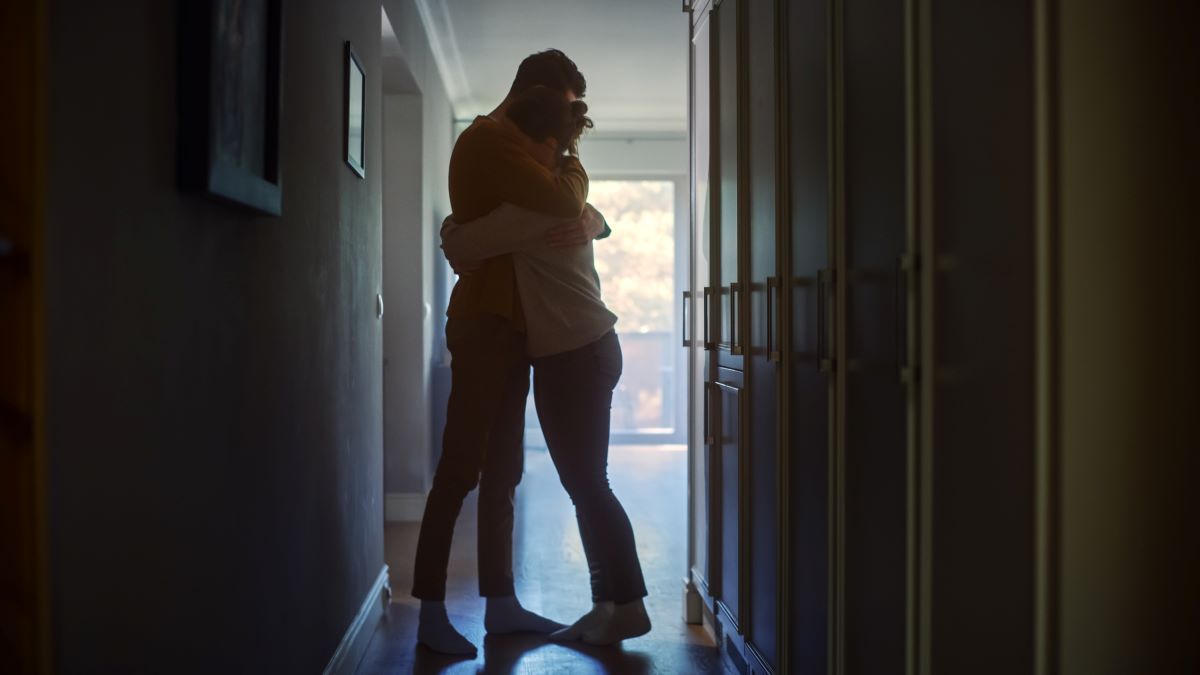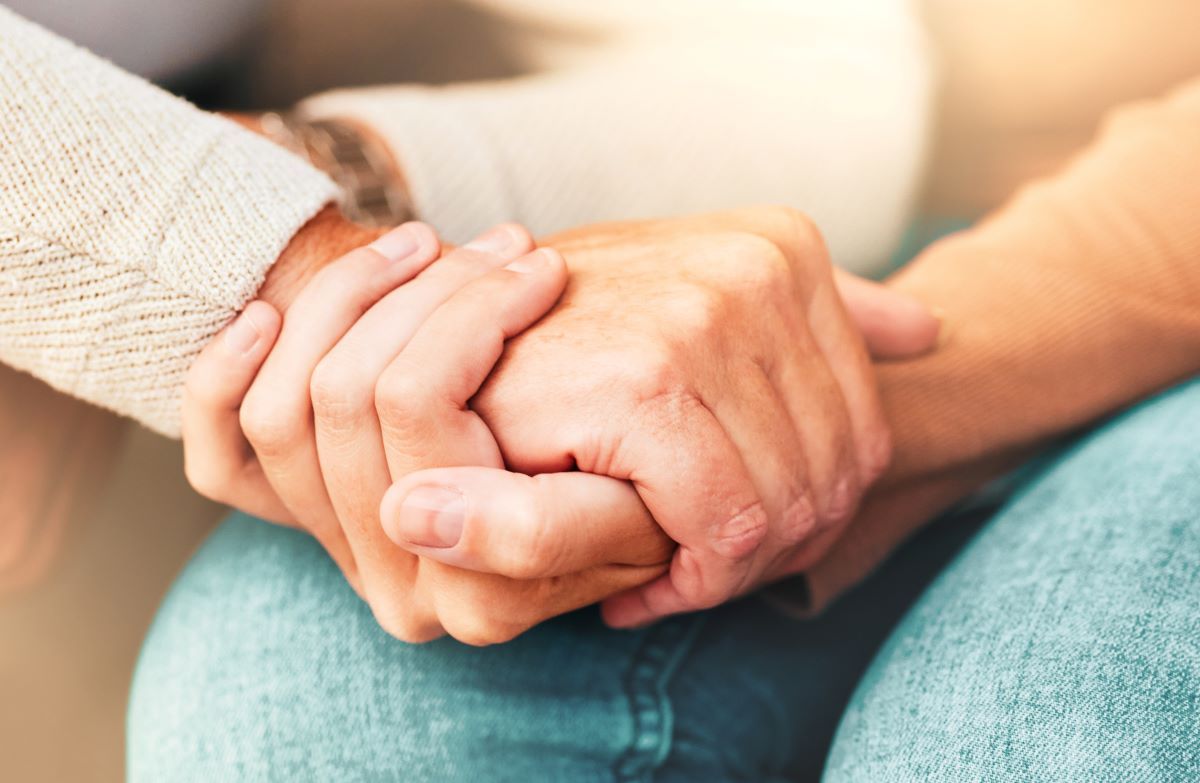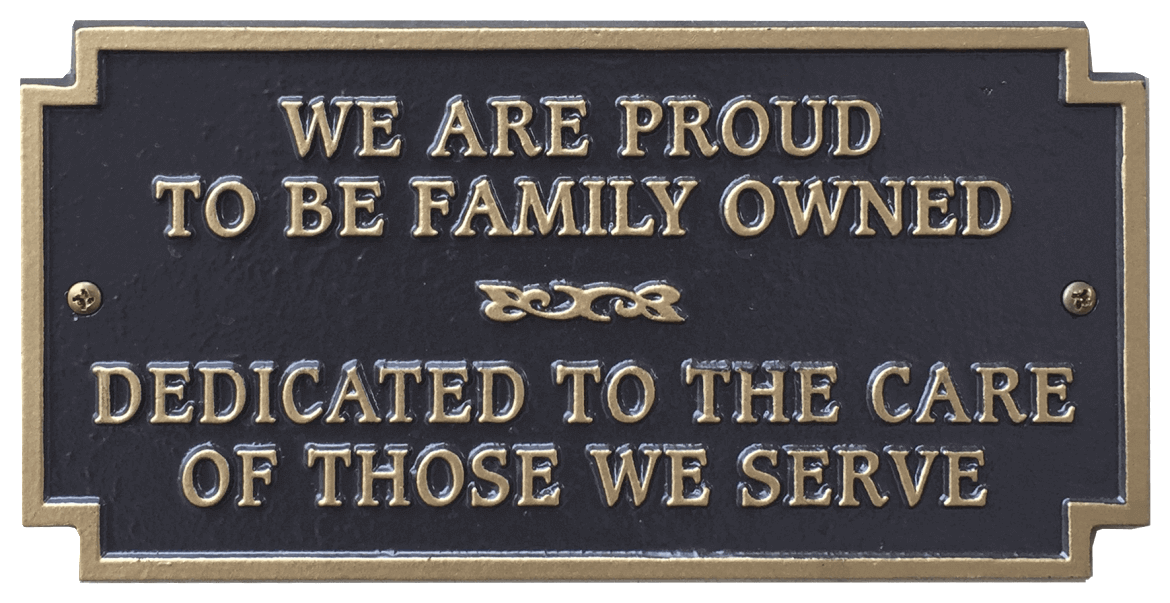The Grieving Process
The Grieving Process
There isn't a single way that everyone copes with the loss of a loved one. Everyone grieves in their own way, but as we try to get over our loss, we all feel some of the same things.

Stage 1
Denial
It's easy to believe things that aren't true when you're in the denial stage. One step in the grieving process is to put your worries aside and forget about the tragedy. You can get through this with this. Denial helps you understand how much money you can handle right now. In the end, it becomes clear that you need to accept the truth of the situation, and you start to heal. Your denial is starting to fade, and your feelings are starting to show.
Stage 2
Anger
You might get angry and resentful at some point. You are now in the second stage of grief. You might blame yourself, God, the doctor, or even the person who died for leaving you. You want to find someone or something to blame. Don't feel bad if you're having these thoughts. They are perfectly normal and happen a lot when people lose someone.


Stage 3
Bargaining
You might feel bad about the person's death at some point. You tell yourself that you could have done something to stop it. You could pray for a trade-off of some kind to make a deal with God. There are a lot of "what ifs" and "if onlys" that will only make you feel worse about what you did. Be open-minded and try to figure out what's going on in a way that makes sense to you.
Stage 4
Depression
You might feel empty inside at some point. This is what it looks like to be sad. You might feel like the pain and this time will never end right now. You start to wonder if life is worth living when you don't know if it is. You should know that most people deal with loss by getting depressed. It's not normal to not feel sad when someone close to you dies. It's hard to accept that a loved one won't be coming back, but you need to be strong and keep going.


Stage 5
Acceptance
People often think that it's "fine" to accept the death of a loved one. You have to face the fact that your loved one is no longer with you in person in order to really accept it. This change can be hard at first because you might want to keep living your life the same way it was before they died. Acceptance helps you get used to your new life over time, find peace, and learn how to live again. Moving on with your life can be hard, but healing doesn't mean forgetting. Making new friends and connections is a way to honor the person you lost. Don't forget that grieving is a personal thing that takes time and should happen on its own.

